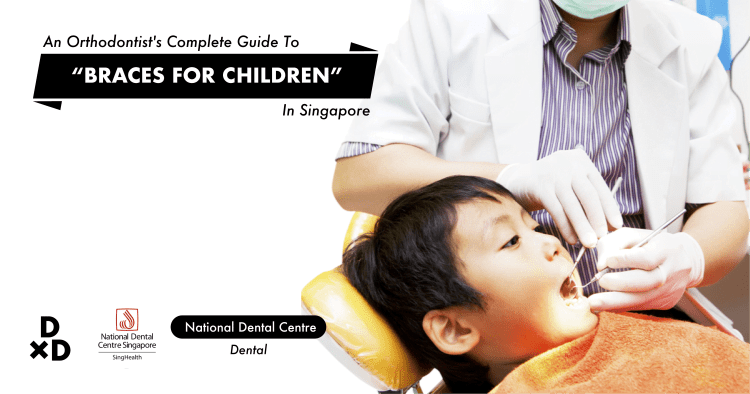Thanks for the question. I always ask my patients how they are feeling after the jaw surgery during our review sessions. The general feedback is that some discomfort is felt but overall, it is bearable.
This is possible because there are pain management measures in place during and after the surgery to help reduce the amount of discomfort felt throughout the process.
During a jaw surgery, you will be placed under general anaesthesia (GA) so that you are completely unconscious and unable to feel pain. Local anaesthesia will also be given at the operation site so that the area remains numb for a few hours even after the surgery.
Towards the end of the surgery, before the general anaesthetic is reversed, a suppository painkiller is also given to reduce inflammation.
During the first one or two days of recovery in hospital, intravenous fluids are given, including the ones to manage pain and swelling. Upon discharge, antibiotics and nonsteroidal anti-inflammatory drugs are also given to make the entire recovery process more comfortable.
With these pain management measures, jaw surgery is generally pain-free or reduced to the minimal.




